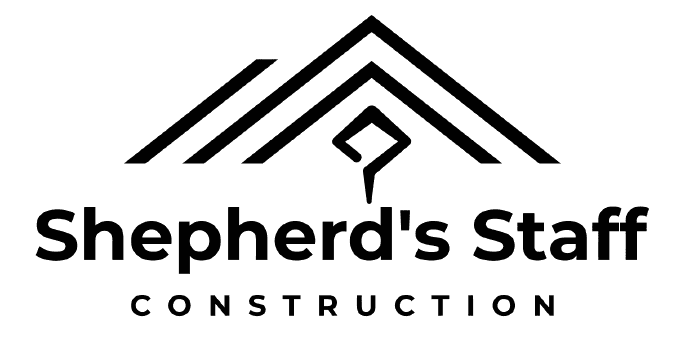
Feb 28, 2022
Permits and Regulations: What Homeowners Need to Know About Local Building Codes and Permits
Embarking on a home improvement project can be an exciting venture, whether you’re planning a small renovation or a major construction. However, navigating the landscape of local building codes and permits is a critical step that many homeowners are unaware of. Ensuring your project complies with local regulations not only avoids legal issues but also guarantees safety and quality. Your contractor will generally handle all of this and should know building codes thoroughly. Here’s what you need to know about building codes and permits before starting your next project.
Understanding Building Codes
Building codes are a set of regulations established by local, state, or national authorities to ensure that construction projects meet specific safety and quality standards. The main code book is called the International Residential Code. These codes cover a wide range of aspects, including:
Structural Integrity: Ensuring the building can withstand various loads and stresses.
Electrical Systems: Safe installation and operation of electrical wiring and equipment.
Plumbing: Proper installation of pipes, fixtures, and drainage systems.
Fire Safety: Measures to prevent and contain fires, such as fire-resistant materials and proper egress.
Energy Efficiency: Standards to promote energy conservation, including insulation and HVAC systems.
Building codes are periodically updated to reflect new safety standards and technological advancements, so it’s essential to check for the most current regulations.
The Importance of Permits
Permits are official approvals from your local government that allow you to proceed with your construction or renovation project. They are required to ensure that the work complies with building codes and zoning laws. Here are some key reasons why permits are important:
Legal Compliance: Working without the necessary permits can result in fines, legal action, and even the removal of completed work.
Safety: Permits ensure that the work meets safety standards, protecting you and future occupants.
Insurance: Many insurance policies require that permitted work be done to cover any damage claims.
Property Value: Properly permitted work can increase your home’s value and make future sales easier.
When Do You Need a Permit?
Not all home improvement projects require a permit, but many do. Common projects that typically require permits include:
Structural Changes: Adding or removing walls, changing rooflines, or constructing new rooms.
Electrical Work: Installing new wiring, outlets, or major appliances.
Plumbing Work: Adding or relocating sinks, toilets, or pipes.
HVAC Systems: Installing or upgrading heating, ventilation, or air conditioning systems.
Exterior Additions: Building decks, fences, garages, or sheds.
Major Renovations: Kitchen or bathroom remodels, significant interior modifications.
Minor repairs and cosmetic changes, like painting or installing new flooring, generally do not require permits, but it’s always best to check with your local building department.
How to Obtain a Permit
The process of obtaining a permit can vary depending on your location and the complexity of the project, but generally involves the following steps and is usually done by your contractor:
Research Requirements: Contact your local building department or visit their website to understand what permits are required for your project.
Prepare Plans: Submit detailed plans and specifications of your project. This may include drawings, material lists, and other relevant documents.
Application Submission: Complete the permit application and pay the required fees.
Plan Review: Your application and plans will be reviewed by building officials to ensure they meet code requirements.
Permit Issuance: Once approved, you will receive your permit, allowing you to begin work.
Inspections: During construction, you will need to schedule inspections at various stages to ensure compliance with the permit and codes.
Final Approval: After the project is completed and passes the final inspection, you will receive a certificate of occupancy or final approval.
Common Challenges and Tips
Navigating permits and regulations can be challenging, but here are some tips to help you through the process:
Start Early: Begin researching and applying for permits well before you plan to start your project to avoid delays.
Be Thorough: Provide complete and accurate information in your application to prevent rejections or delays.
Stay Informed: Keep up to date with local building codes and zoning laws, as they can change.
Hire Professionals: Consider hiring a contractor or architect who is familiar with local regulations and can help streamline the process.
Keep Records: Maintain detailed records of all permits, plans, and inspections for future reference.
Conclusion
Understanding and complying with local building codes and permit requirements is crucial for any home improvement project. Not only does it ensure the safety and legality of your work, but it also protects your investment and peace of mind. By taking the time to research, plan, and follow the necessary steps, you can successfully navigate the permitting process and enjoy the benefits of your completed project without any unexpected setbacks. Happy renovating!

